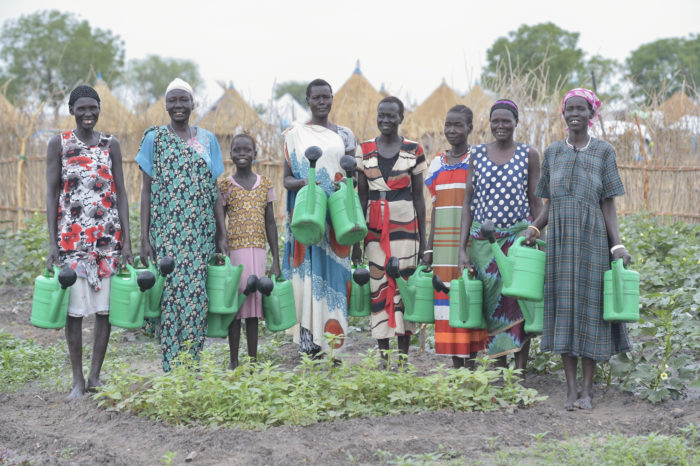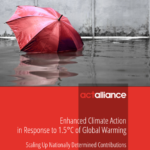There is just one week to go at COP24 as negotiations continue to finalize the Paris rulebook for the implementation of the Paris Agreement. The commitments by parties to fight climate change needs to be kept at the highest levels now in order to deliver on the crucial tasks ahead.
“There is no time to wait – time is running out for the world to keep the global temperature under 1.5°C. Reaching the 1.5 is still within our reach but it depends on the political will to take ambition on climate action”, said Martin Vogel, co-chair of ACT Alliance’s Climate Change Group.
The first week in Katowice did not result in much progress in the textual deliberations and much of the heavy work load has been pushed to the ministers to deal with in the second week.
“It is crucial that ministers don’t take the easy way out now by leaving out the contentious issues in order to make progress on the rulebook. The implementation of the Paris agreement must continue to build ambition to achieve the changes that are needed for the world to keep temperature rise to 1.5°C”, Vogel continued.
In the backdrop of the COP the IPCC report on 1.5°C has also managed to have an impact on the talks.
“It is clear that stepping up climate action is urgent – especially for the countries on the frontlines of climate change – like the small Island states whose mere existence is threatened by the effects of climate change,” said Floris Faber, Director of ACT Alliance EU.
ACT Alliance is following the negotiations in Katowice where ACT continues to call for action and a robust set of rules and guidelines for the implementation of the Paris agreement.
“Transformation will remain an illusion if parties don’t step up their work to deliver the Paris Rulebook”, concluded Faber.
For more information, please contact:
Martin Vogel, Co-Chair ACT Climate Change Group martin.vogel@svenskakyrkan.se
Floris Faber, Director, ACT Alliance EU Floris.Faber@actalliance.eu
XXX
ACT Alliance is the world’s largest network of churches and agencies engaged in humanitarian, development and advocacy work. ACT has 151 members working in communities in over 125 countries to create positive and sustainable change in the lives of poor and marginalised people regardless of their religion, politics, gender, sexual orientation, race or nationality in keeping with the highest international codes and standards.
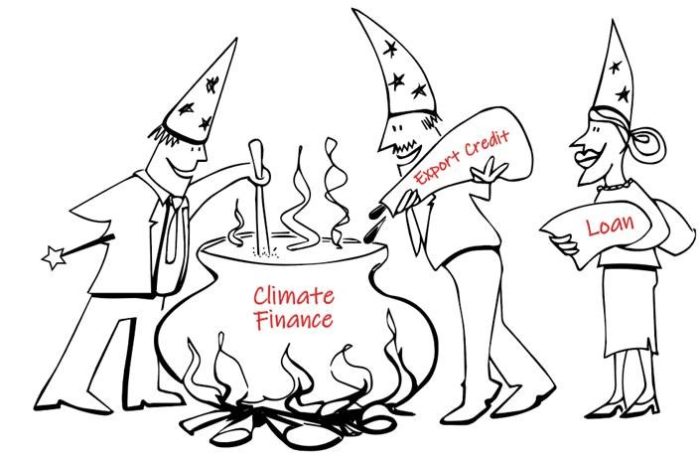


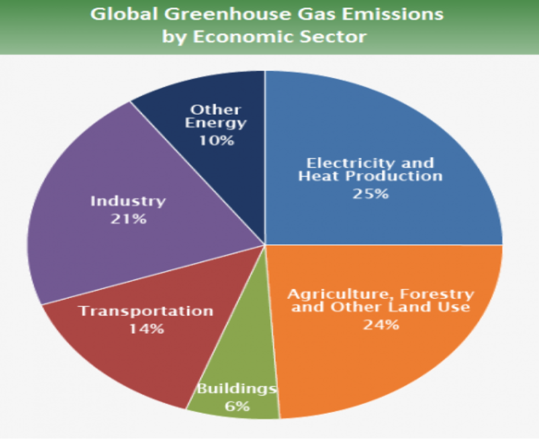
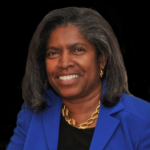 Ruth Ivory-Moore serves as
Ruth Ivory-Moore serves as  Mari Hasle Einang is the vice president of Changemaker Norway and a dedicated climate activist. She is the official youth delegate of Norway to COP24.
Mari Hasle Einang is the vice president of Changemaker Norway and a dedicated climate activist. She is the official youth delegate of Norway to COP24.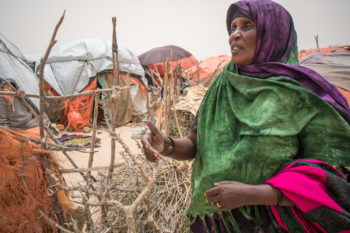
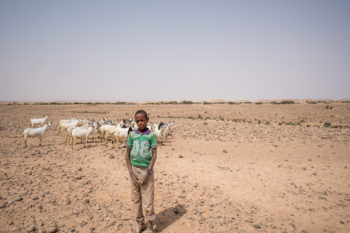
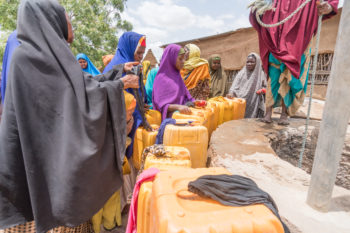
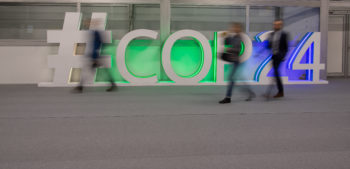 “Climate change touches every fibre of our being together as community,” says Isaiah Toroitich, ACT’s global advocacy lead, in a conversation at COP24 in Katowice, Poland. “There is an urgency for the world to respond to climate change. As ACT Alliance, we know this- our members deal with it every day. In Africa, ACT members respond to ongoing droughts that affect our humanitarian and development work. In Asia, in Latin America, in the Caribbean we see similar levels of climate change related stresses on communities that are most vulnerable to the impacts of climate change.”
“Climate change touches every fibre of our being together as community,” says Isaiah Toroitich, ACT’s global advocacy lead, in a conversation at COP24 in Katowice, Poland. “There is an urgency for the world to respond to climate change. As ACT Alliance, we know this- our members deal with it every day. In Africa, ACT members respond to ongoing droughts that affect our humanitarian and development work. In Asia, in Latin America, in the Caribbean we see similar levels of climate change related stresses on communities that are most vulnerable to the impacts of climate change.”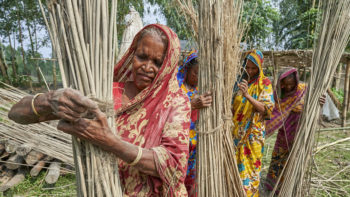
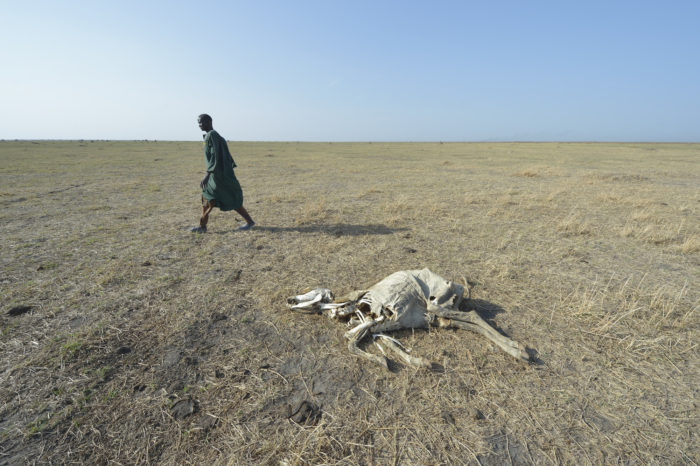
 Collins Kudakwashe Shava is young active Zimbabwean. He is a youth representative from the ACT Alliance Zimbabwe Forum. He has an interest in mobilizing young people to contribute to the sustainable development agenda. As a public policy and governance student in Zimbabwe he has a passion for climate justice. He has been involved in climate change advocacy and research at both national and international level.
Collins Kudakwashe Shava is young active Zimbabwean. He is a youth representative from the ACT Alliance Zimbabwe Forum. He has an interest in mobilizing young people to contribute to the sustainable development agenda. As a public policy and governance student in Zimbabwe he has a passion for climate justice. He has been involved in climate change advocacy and research at both national and international level.